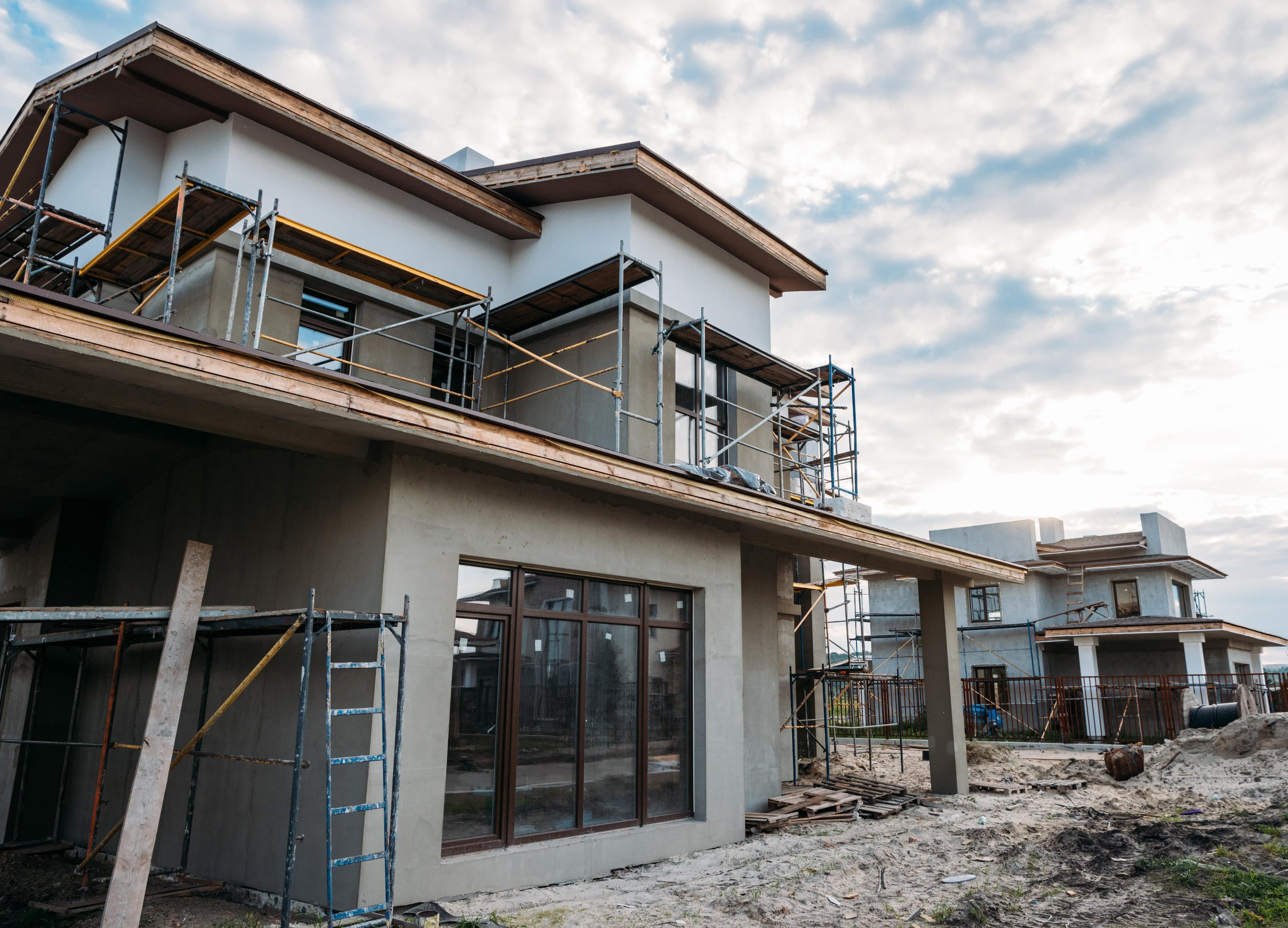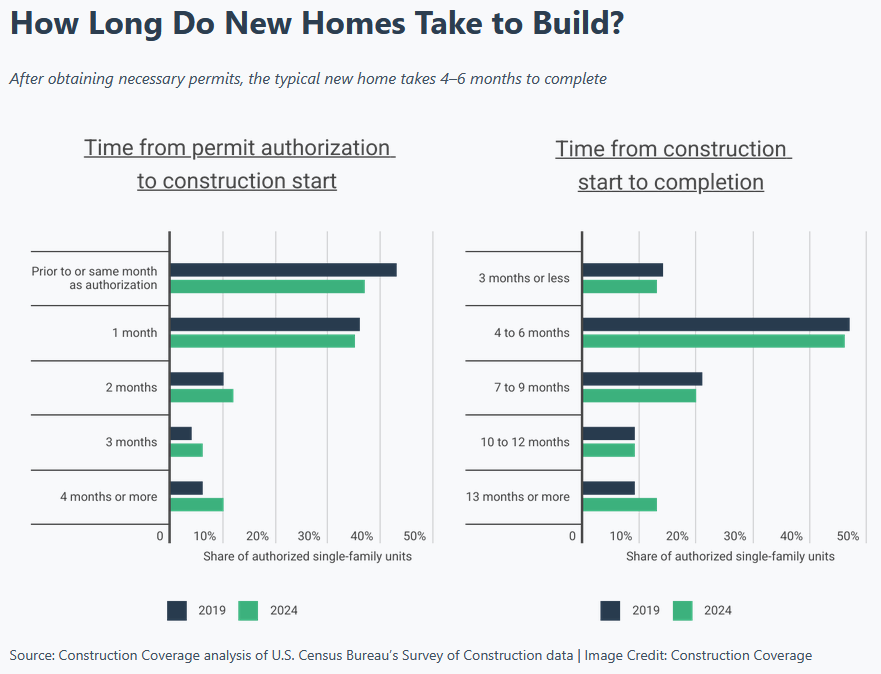Buying a brand-new home in Florida sounds like a dream. Everything is shiny and untouched, the appliances are new, and the home should be move-in ready without needing repairs. But if you think new construction means zero headaches, think again. Buyers across Florida, from Tampa Bay to Jacksonville to South Florida, are running into problems they never expected. And by the time those problems pop up, it's often too late to do much about it—unless you’ve done your homework and had someone in your corner from the start.
This boom in Florida new construction is everywhere you look. Whole neighborhoods are going up overnight. Builders are working fast to meet the demand from people relocating for the weather, lifestyle, or job opportunities. But that rush often comes at a cost. Sometimes it’s visible, like poor grading or insulation issues. Other times it’s hidden, like the home being built in a flood-prone zone without the proper environmental assessments. Either way, many buyers don’t find out until after closing, and that’s when the stress begins.
Why “New” Doesn’t Always Mean Problem-Free
Just because something is new doesn’t mean it’s done right. One of the biggest misconceptions we hear from Florida homebuyers is the belief that new construction means fewer risks. Sadly, that’s not always the case. Builders may cut corners to save time or money. Materials might not be installed correctly. Entire neighborhoods are being built on land that hasn’t been properly studied or prepared. And even if the home passes code, it doesn’t guarantee long-term durability or energy efficiency.
For example, a lot of the land used for new developments in Florida was never meant to hold dense housing. Wetlands, sinkhole zones, or areas with high water tables are often cleared and fast-tracked for building. If a developer skips an environmental impact assessment or rushes the job, you could end up with drainage problems, mold, foundation shifts, or even legal issues related to protected land.
These issues aren't rare. In fact, one large-scale development in the Tampa Bay area experienced widespread mold problems, HVAC failures, and water intrusion—all within two years of being built. More than half of the homes required mold remediation, and the Florida Attorney General’s Office launched an ongoing investigation into construction defects after receiving dozens of complaints. It’s a stark reminder that the problems with new construction in Florida are very real.
On top of environmental challenges, structural issues are becoming more common. It’s not uncommon to see foundation cracks within a year of move-in. Poor roofing installation leading to leaks. Windows that aren’t sealed properly, allowing humidity and bugs to sneak in. And with Florida’s heat and hurricane seasons, a poorly built home can lead to huge energy bills or costly repairs down the line. It’s not about being paranoid. It’s about being prepared.
Environmental Risks and What They Mean for Florida Homebuyers
Florida’s landscape is beautiful, but it’s also complex. Wetlands, protected species, and ever-changing flood zones mean that environmental issues are a big deal when it comes to new construction. Builders are supposed to conduct environmental impact assessments to figure out how a development will affect the surrounding area. But when they don’t (or when those reports are rushed or ignored) buyers suffer the consequences.
We’ve consulted buyers who literally didn’t know their new home was built near a protected wetland until they were slapped with restrictions on future renovations. Others found out too late that their backyard flooded every summer because the grading was done poorly. Sometimes the soil itself isn’t stable enough to support the home, leading to cracks or shifts in the foundation. These issues are hard to detect during a quick builder walk-through, which is why a professional inspection is a must.
Water management is another serious concern. Florida gets heavy rain, and if a new home doesn’t have proper drainage, you’re looking at a recipe for water intrusion, mold, and long-term structural problems. Good builders know how to work with the Florida environment. The problem is not every builder is good. And many buyers don’t know what to look for until the damage is already done.
Why You Can’t Skip Inspections or Go It Alone
Here’s something we tell every client: just because a home is brand new doesn’t mean you should skip the inspection. Builders will often tell you it’s not necessary. Don’t listen. Hiring your own inspector is one of the smartest things you can do, and ideally, you should schedule two inspections—one during the build process and another before closing. A good inspector can catch issues like poor roof installation, missing insulation, faulty wiring, or grading problems that can lead to water damage.
And let’s talk about representation. The builder’s agent isn’t your agent. We repeat, the builder’s agent is not your agent. Their job is to sell homes for the builder, not protect your interests. That’s why it’s so important to have a knowledgeable local realtor on your side. We’ve helped buyers across Tampa Bay, Jacksonville, and South Florida save thousands in closing costs while also making sure they avoid these all-too-common new construction headaches. We know the builders, we understand Florida zoning laws, and we’ve seen enough rushed jobs to know what red flags to watch for.
Don’t just assume everything is up to code or legally permitted. Florida has strict zoning and building codes, but enforcement can vary. Some developers push boundaries or skip steps, especially in areas where inspections are overbooked or understaffed. We’ve seen buyers move into homes only to find out the driveway or patio wasn’t permitted. That’s a nightmare you don’t want to deal with, and it’s avoidable with the right team looking out for you.
What Buyers Can Do to Protect Themselves
So what should you do if you’re thinking about buying new construction in Florida? Start by researching the builder. Look at their past developments. Ask about warranty coverage. Find out if they’ve had any complaints or lawsuits. Then, make sure you understand what’s covered and what isn’t in that warranty. Some only last a year and exclude major components like roofs or foundations.
Next, always insist on independent inspections. These aren’t optional—they’re your best protection. Have someone check the quality of the build, the grading, the insulation, the plumbing and electrical systems, and anything else that could cost you later. Also ask for documentation like the environmental impact assessment, permits, and HOA rules before you close.
Most importantly, don’t do it alone. This is a big investment, and you need someone who knows how to navigate Florida new construction. At Vreeland Real Estate, we don’t just help you find the right house—we help you find the right deal, ask the right questions, and avoid the wrong builders. We’re local, we’re experienced, and we’re not afraid to push back when something doesn’t look right. Our job is to protect your future, not just get you to closing.
Connect with Us Before You Buy
New construction homes can be fantastic—if they’re done right. But in today’s fast-paced Florida market, it’s too easy to end up with a home that looks perfect on the surface but hides problems underneath. From environmental oversights and water issues to zoning mishaps and weak warranties, the risks are real. The good news is you don’t have to face them alone.
At Vreeland Real Estate, we’ve helped hundreds of buyers across Florida make smart, confident decisions when it comes to new construction. Whether you’re buying in Tampa Bay, Jacksonville, or South Florida, we’ll help you spot the problems before they become your responsibility—and negotiate the best deal while we’re at it. If you’re thinking about buying new construction, reach out. Let’s make sure your new home is truly built to last.










